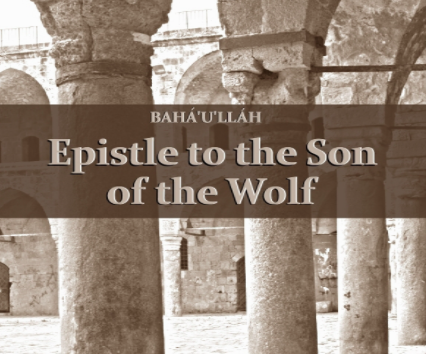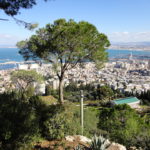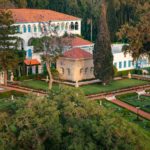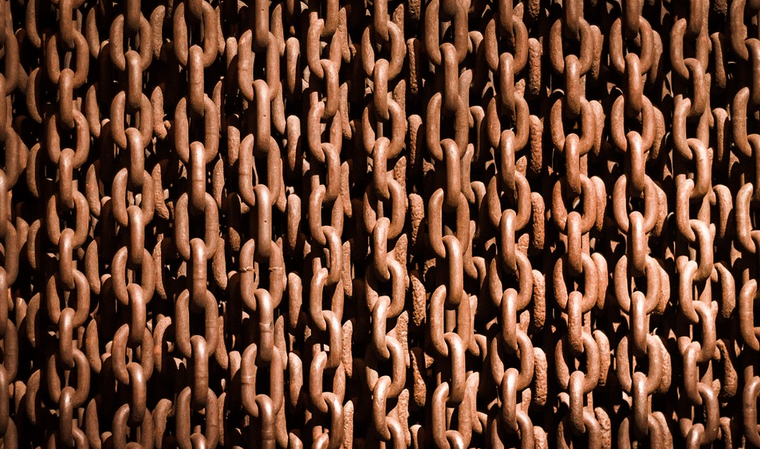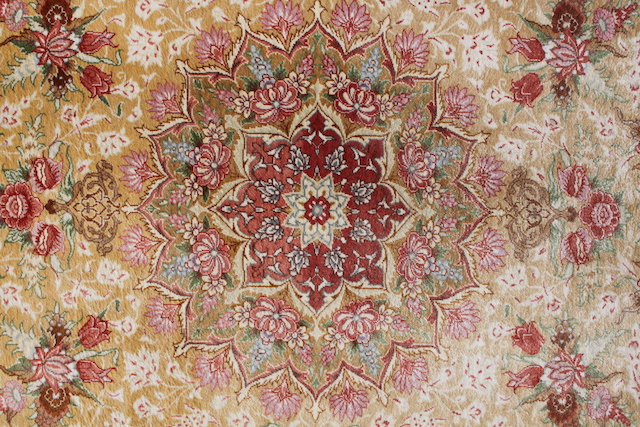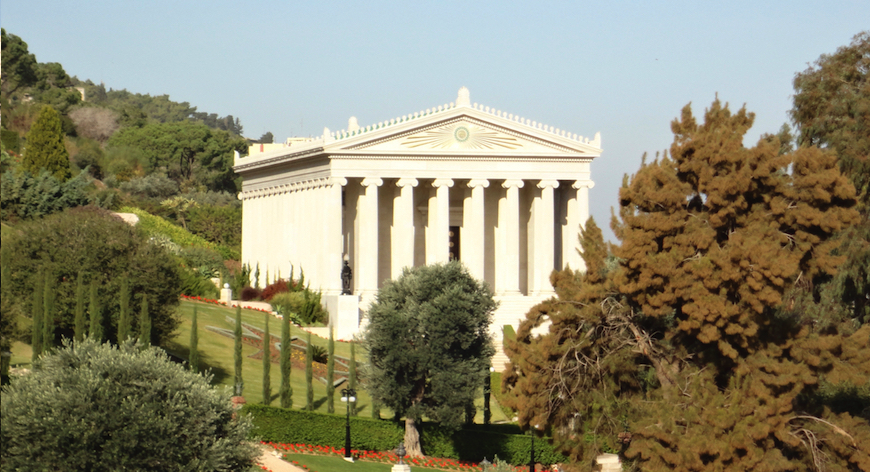
Epistle to the Son of the Wolf – Counsels to Bahá’u’lláh’s People and the World
 The Epistle to the Son of the Wolf is outwardly addressed to a violent oppressor of Bahá’u’lláh’s people.
The Epistle to the Son of the Wolf is outwardly addressed to a violent oppressor of Bahá’u’lláh’s people.
O Shaykh! We have learned that thou hast … bidden the people to curse Me, and decreed that the blood of the servants of God be shed.[1]
The “Son of the Wolf” has not been alone in such persecution and one purpose of the Epistle to the Son of the Wolf appears to be to demonstrate the injustice of such conduct and its incompatibility with true religion. To this end, Bahá’u’lláh sets out both events and argument.
Like Jesus who condemns the Pharisees who persecuted the first Christians, Bahá’u’lláh condemns those “divines” (i.e. clergy) who are more concerned with power than with genuine service to humanity. Similar passages are found in the Kitab-i-Iqan written many years earlier:
In leadership they have recognized the ultimate object of their endeavor, and account pride and haughtiness as the highest attainments of their heart’s desire. They have placed their sordid machinations above the divine decree, have renounced resignation unto the will of God, busied themselves with selfish calculation, and walked in the way of the hypocrite. With all their power and strength they strive to secure themselves in their petty pursuits, fearful lest the least discredit undermine their authority or blemish the display of their magnificence. Were the eye to be anointed and illumined with the collyrium of the knowledge of God, it would surely discover that a number of voracious beasts have gathered and preyed upon the carrion of the souls of men.
What “oppression” is greater than that which hath been recounted? What “oppression” is more grievous than that a soul seeking the truth, and wishing to attain unto the knowledge of God, should know not where to go for it and from whom to seek it?[2]
In the Epistle to the Son of the Wolf Bahá’u’lláh distinguishes such individuals from those who are of good character and true to their calling.
Those divines, however, who are truly adorned with the ornament of knowledge and of a goodly character are, verily, as a head to the body of the world, and as eyes to the nations.[3]
To this day the kinds of persecutions that occurred in the time of Bahá’u’lláh still occur. Baha’u’llah underlines how at variance with true religion such behaviour is.
The Divine Messengers have been sent down, and their Books were revealed, for the purpose of promoting the knowledge of God, and of furthering unity and fellowship amongst men. But now behold, how they have made the Law of God a cause and pretext for perversity and hatred. How pitiful, how regrettable, …[4]
Among the matters which Bahá’u’lláh asks the observer to consider is the counsel that he has given the Baha’is.
We shall herewith cite a few passages from Tablets specifically revealed to this people, so that every one may know of a certainty that this Wronged One hath acted in a manner which hath been pleasing and acceptable unto men endued with insight, and unto such as are the exponents of justice and equity …[5]
What follows is a reaffirmation of many of the calls to a high standard of behaviour that Bahá’u’lláh calls his followers to attain and a prohibition of the kinds of behaviours that are a perversion of true religion.
This Wronged One enjoineth on you honesty and piety. Blessed the city that shineth by their light. …[6]
Revile ye not one another. We, verily, have come to unite and weld together all that dwell on earth. …[7]
In the Book of God, the Mighty, the Great, ye have been forbidden to engage in contention and conflict. …[8]
Beware lest ye shed the blood of any one. Unsheathe the sword of your tongue from the scabbard of utterance, for therewith ye can conquer the citadels of men’s hearts. We have abolished the law to wage holy war against each other. …[9]
O people! Spread not disorder in the land, and shed not the blood of any one, and consume not the substance of others wrongfully, …[10]
The fruits of the tree of man have ever been and are goodly deeds and a praiseworthy character. …[11]
Knowledge is as wings to man’s life, and a ladder for his ascent. Its acquisition is incumbent upon everyone. The knowledge of such sciences, however, should be acquired as can profit the peoples of the earth, and not those which begin with words and end with words. …[12]
Concern yourselves with the things that benefit mankind, and not with your corrupt and selfish desires. O ye followers of this Wronged One! Ye are the shepherds of mankind; liberate ye your flocks from the wolves of evil passions and desires …[13]
if thine eyes be turned towards justice, choose thou for thy neighbor that which thou choosest for thyself …[14]
In presenting his teachings in this form Bahá’u’lláh enables us to understand clearly the difference between true religion and its corruption. Bahá’u’lláh’s words are at the same time an admonition to his followers and guidance to humanity. If we arise to this standard we see why it is that Bahá’u’lláh says that:
Religion is, verily, the chief instrument for the establishment of order in the world, and of tranquillity amongst its peoples.[15]
(This article is the 197th in a series of what I hope will be 200 articles in 200 days for the 200th anniversary of the birth of Bahá’u’lláh. The anniversary is being celebrated around the world on 21 and 22 October 2017, The articles are simply my personal reflections on Bahá’u’lláh’s life and work. Any errors or inadequacies in these articles are solely my responsibility.)
Image: International Baha’i Archives Building, Mt Carmel, Haifa
